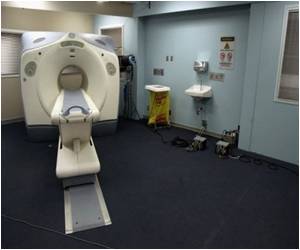
Among them, patients with advanced solid tumors who showed no benefit from prior therapies should not be given chemotherapy, because studies show cancer-directed treatments are likely to be ineffective and do not extend life.
Instead, the American Society of Clinical Oncology urged "appropriate palliative and supportive care."
Another recommendation involved avoiding high-tech scans for patients with early prostate or breast cancer that appears at low risk of spreading, because such scans can be expensive and show little benefit to the patient.
The American Society of Nuclear Cardiology urged physicians to take steps to lower patients' exposure to radiation whenever possible, and to avoid cardiac imaging scans in patients at low risk of heart failure.
Similarly, the American College of Physicians warned that electrocardiogram tests of heart function with no symptoms and low risk for heart disease do not improve patient outcomes.
Advertisement
Colonoscopies could be done less often in patients who show no signs of disease, and pap smears are not needed annually in women under 21 or those who who have undergone a hysterectomy for non-cancerous reasons.
Advertisement
"These lists represent specific, evidence-based recommendations physicians and patients should discuss to help make wise decisions about the most appropriate care based on their individual situation," said the report.
The project was a collaboration of the American Board of Internal Medicine Foundation, Consumer Reports, and the nine medical specialty societies involved.
Source-AFP










